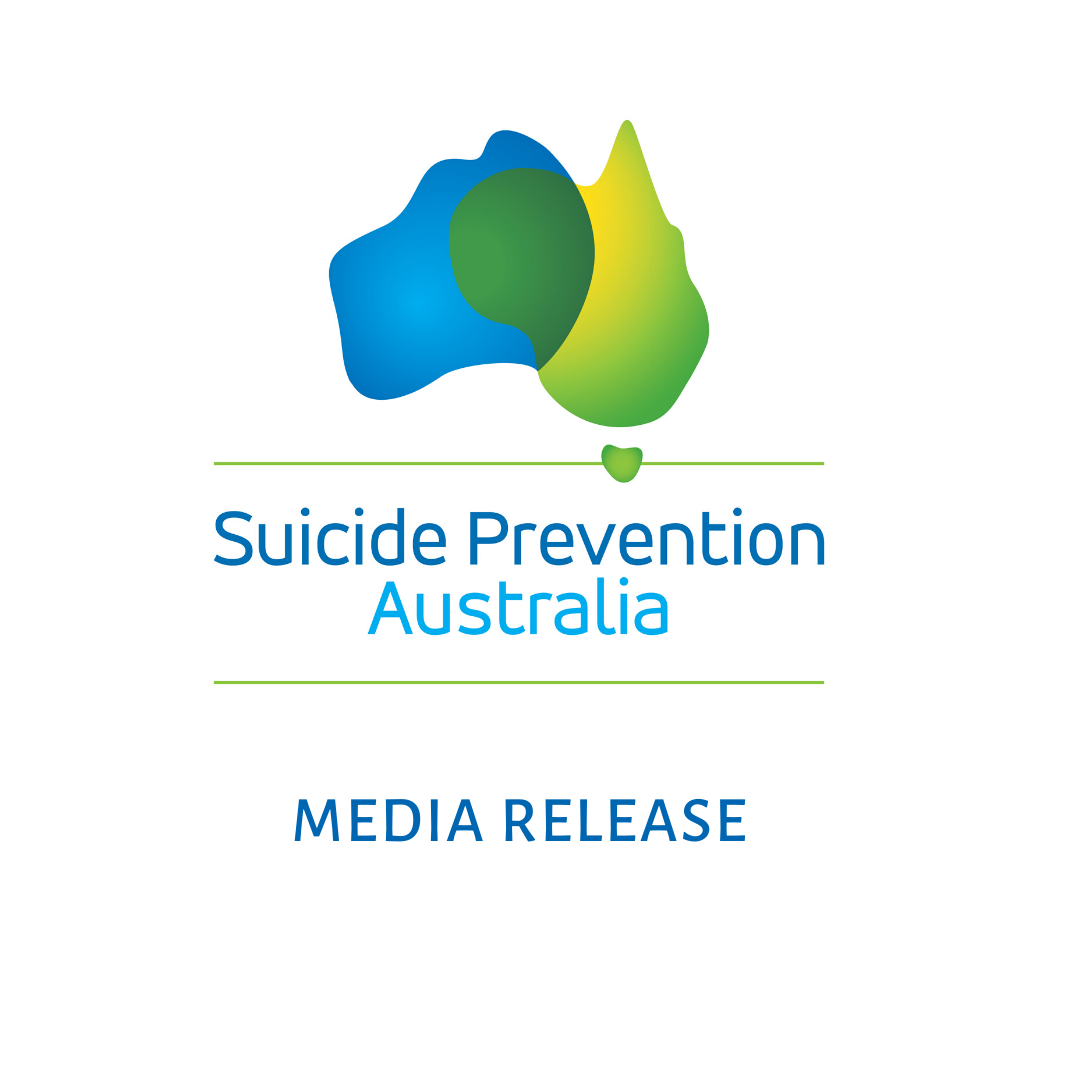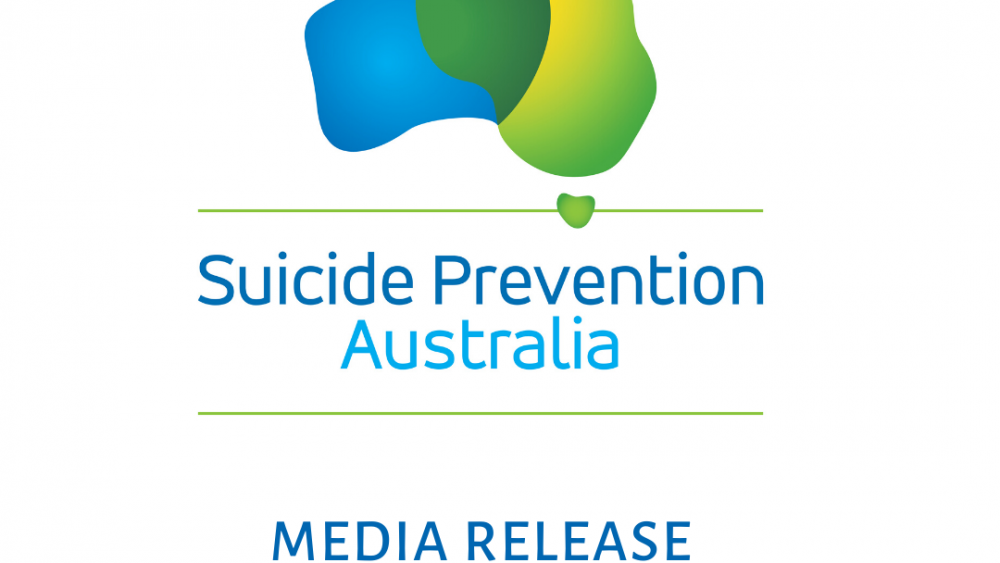Peak body warns economic fallout will cause a wave of distress
The national peak body for suicide prevention welcomes the Australian Government’s fiscal measures announced in the mini-budget today but warns of ongoing severe stress and suicidal risk caused by financial hardship.
Suicide Prevention Australia CEO, Nieves Murray said, “Given the important protective role social safety nets play in reducing distress and suicide risk, we ask the Australian Government to strike a balance between fiscal responsibility and providing adequate basic support to the thousands of Australians who are now without jobs.
“We know there is a strong association between economic recession and increasing suicide rates, particularly in high-income nations.
“While analysis of suicide rates in Australia found the impact on suicide rates following the 2008 crisis was less significant, the suicide rate for workers in construction – a sector that experienced a significant downturn – sadly, did increase,” said Ms Murray.
Today’s mini-budget shows the Australian Government recognises that many are doing it tough in today’s economy.
Ms Murray said, “We welcome the targeted extension of JobKeeper until March next year, which will ensure thousands of businesses and workers can continue to weather changes to their operations due to the COVID-19 response.
“As we highlighted in our white paper with Wesley Mission, Reducing distress in the community following the COVID-19 pandemic, there is a clear link between being unemployed and financial strain, with distress and suicide risk.
“While we applaud the extension of a modified coronavirus supplement to JobSeeker, we call on the Australian Government to increase the base rate of JobSeeker following the gradual phasing out of the coronavirus supplement.
“Taking the coronavirus supplement out of the equation, the base rate of JobSeeker (formerly Newstart) has not increased in real terms since 1994, despite the increasing cost of the necessities of life such as housing, groceries and utilities.
“An increase in the base rate will ensure people experiencing the challenges of employment insecurity can meet their basic needs, have the support to find meaningful work and reduce the risk that they will experience distress and crisis,” said Ms Murray.
Unemployment is a well-established risk factor for suicide. An analysis of data across 30 countries from 1960-2012 found that the effect of unemployment was particularly significant on male suicide in all welfare state regimes. The impact was heavier in those states where unemployment protections were less generous. For example, suicide rates increased in European and North American nations following the 2008 Global Financial Crisis.
Ms Murray said, “The Australian Government has taken a holistic approach in its response to the economic and social challenges caused by the COVID-19 pandemic. This proves further that a whole of government, whole of community approach is central to suicide prevention.
“If we were to see all parts of Governments, all agencies within Government, and our broader community work as one on suicide prevention, we would see a meaningful reduction in our suicide rate.
“We call on the Australian Government to support National Suicide Prevention Adviser, Christine Morgan, to deliver the system reform needed to broker a whole of government approach to suicide prevention – so we can imagine a world without suicide,” said Ms Murray.
To get help 24/7, phone Lifeline on 13 11 14 or the Suicide Call Back Service on 1300 659 467. If you or someone you know are in immediate danger, phone 000 for emergency services




Comments are closed.